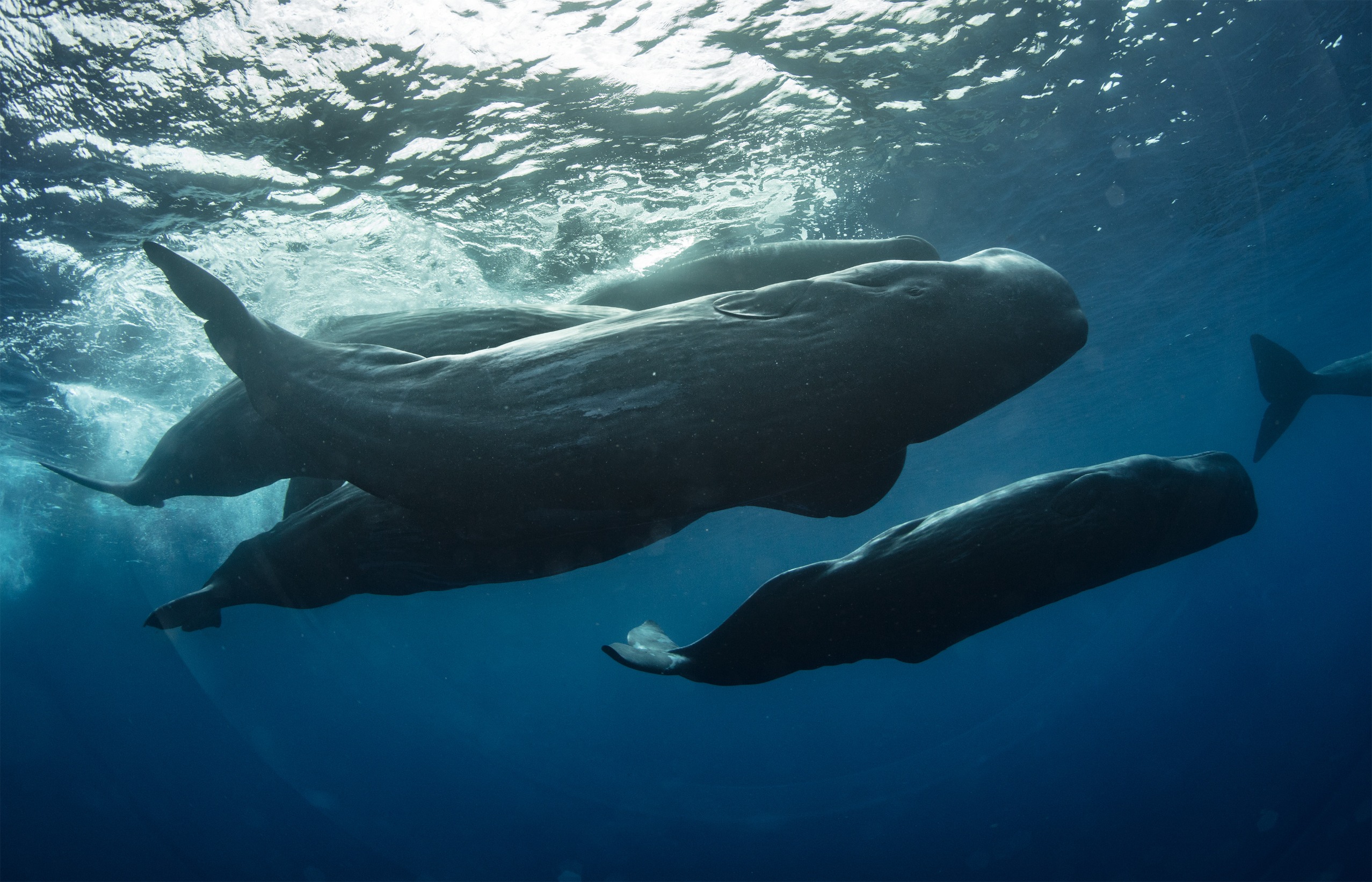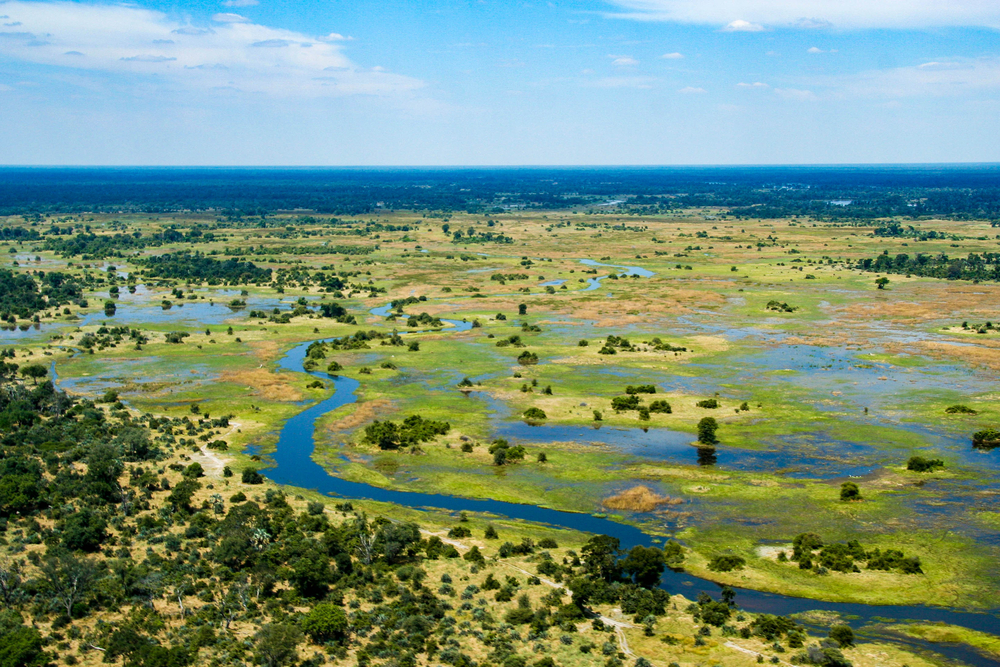From The Optimist Magazine
Fall 2015
A quarter of a million. That’s the number of immigrants and asylum seekers who have already tried to get to Europe in 2015 by crossing the Mediterranean Sea. It’s the highest number on record, according to the UN’s High Commissioner for Refugees. Thousands of them have died during this perilous journey, and every day new groups of immigrants are risking their lives trying to get to Europe from Libya in overcrowded boats.
While the EU is struggling to take coherent action and come up with long-term plans to address the situation in the Mediterranean, citizens from many different countries are stepping up and volunteering to do the work that politicians can’t decide about doing. Dozens of citizen initiatives are popping up all over Europe. And their help is sorely needed.
The two CEOs of Art Lamp, a light-fixture dealer in the German city of Brandenburg, followed the news of capsized refugee boats while feeling more helpless every day. In the end, they decided they had to do something, so they bought a ship to patrol the Mediterranean on their own—to provide assistance and help. Harald Höppner and Matthias Kuhnt spent about $170,000 (€154,000) on a ship they named Sea-Watch. It has been patrolling the sea ever since and by mid-August had saved about 700 people in distress.
Ruben Neugebauer, 25, was part of one of the missions as a volunteer. He shares his stories with a heavy heart. “It’s a desperate situation. There are not enough ships to patrol the whole area.” During his shift, they received two distress calls from two different boats in opposite directions. “That was a difficult decision to make,” Neugebauer says. “In the end, I was so relieved to hear that people on both boats were rescued. You always see those pictures in the newspapers of tragedies. Helping out is giving me the feeling that we can at least do something.”
When Sea-Watch is out patrolling, they might get a call from an organization called Watch the Med. Since October 2014, this group has been offering an alarm phone system to support refugees and immigrants in distress at sea. About 100 volunteers based in Europe and North Africa divide shifts taking calls from people at sea. When they receive a call, they try to get to know everything about the exact location of the boat, then call the responsible coast guard to direct them toward the immigrants in distress. Watch the Med trained these volunteers thoroughly and has interactive maps and emergency plans at hand. In addition, Watch the Med is distributing leaflets to would-be immigrants in North Africa, with information about risks at sea.
It’s not only on the water that citizens are helping out. On the Greek Island of Lesbos, local residents are assisting newly arrived refugees. The newspaper The Guardian reports on a British couple, Eric and Philippa Kempson, who rush to the beach every morning to hand out water, dry clothes and food to the people arriving on shore. And further inland, local activists turned an old scout camp into a volunteer-run immigrant reception center they named “the Village of Altogether.”
Meanwhile in Vienna, the Magdas Hotel offers jobs and training to multilingual asylum seekers. And a German politician from the Frankfurt area, Martin Patzelt, has taken two Eritrean refugees (Haben, 19, and Awet, 24) into his home and is helping the young men find jobs in the neighborhood. Such initiatives help to “get rid of the polarization and hostility” toward immigrants, he told Germany’s ARD TV.
Patzelt brings up a discussion that is ongoing in Europe. Many people wonder whether the help of citizens in the Mediterranean area isn’t encouraging other immigrants to start setting foot on the dangerous road to Europe. Ruben Neugebauer responds: “The only way to solve this is by making legal entry points into the European Union.” He adds: “What’s the alternative? To let them die at sea? I cannot combine that with my idea of humanity.”
Neugebauer also points out that Europe has always been a continent of migration. “There was a period when millions of Europeans fled to the USA because there wasn’t enough food in Europe. What gives us the right to say that people are not allowed into Europe?” | Elleke Bal












